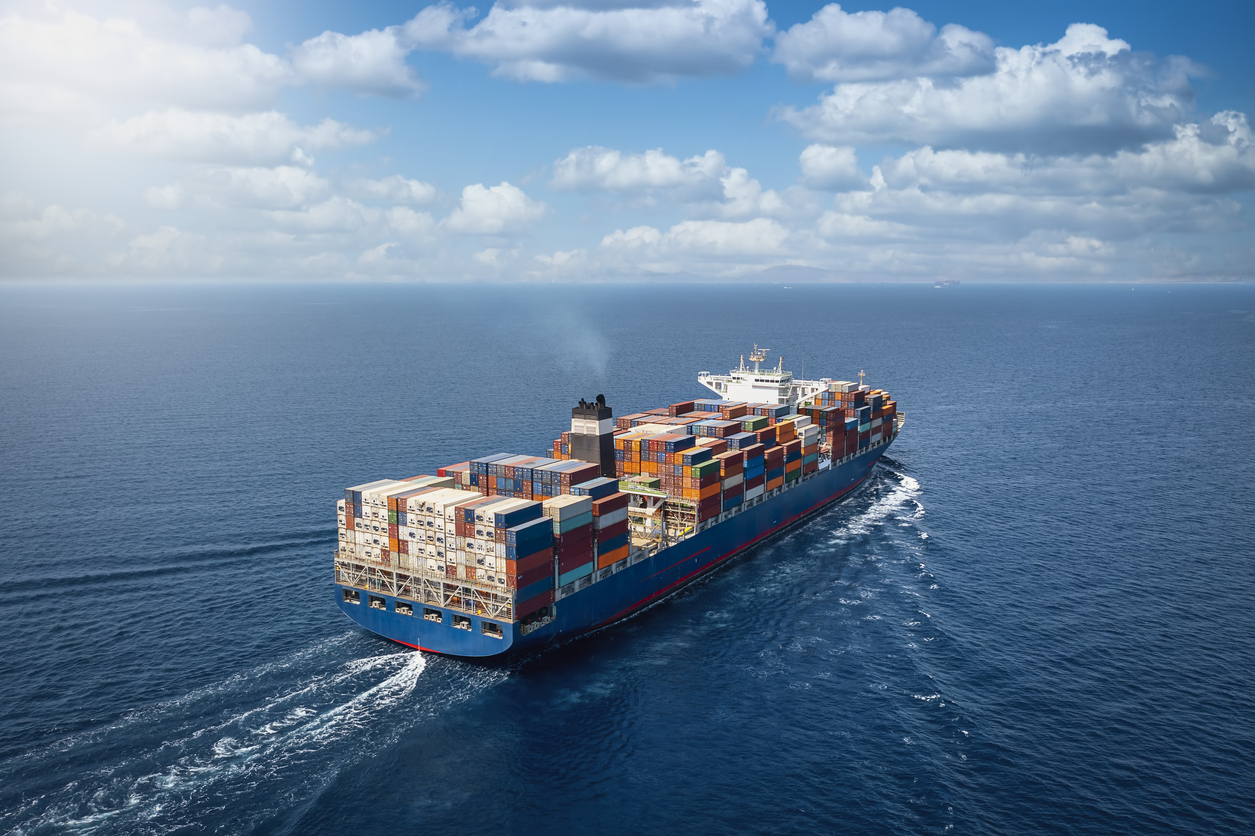How to Navigate International Shipping Regulations When Exporting from Malaysia to Equatorial Guinea
How to Navigate International Shipping Regulations When Exporting from Malaysia to Equatorial Guinea
Exporting goods from Malaysia to Equatorial Guinea can be a lucrative opportunity for businesses looking to expand their reach. However, navigating international shipping regulations can often prove to be a daunting task that leads many entrepreneurs to abandon the idea altogether. Fear not! In this blog post, we will provide you with all the necessary information and tips on how to navigate international shipping regulations when exporting from Malaysia to Equatorial Guinea, so you can confidently take your business global without any hiccups along the way.
Introduction to International Shipping Regulations
There are a few things to keep in mind when shipping goods from Malaysia to Equatorial Guinea. First, all goods must be declared at the port of entry in Equatorial Guinea. A Customs declaration form will need to be completed and submitted, along with a Bill of Lading or Airway Bill. The Customs declaration form requires detailed information on the type and quantity of goods being shipped, as well as the value of the shipment.
In addition to the required documentation, shipments must also comply with any applicable safety, health, and security regulations. These regulations vary by country, so it is important to research the specific requirements for Equatorial Guinea before shipping. All goods must be properly labeled and packaged to ensure compliance with these regulations.
Once all of the necessary documentation is in order and the shipment is compliant with regulations, it can be sent via maritime or air transport. The chosen method of transport will impact the transit time and shipping costs. It is important to compare rates and transit times before making a final decision.
Why Ship Goods From Malaysia to Equatorial Guinea?
There are many reasons to ship goods from Malaysia to Equatorial Guinea. Malaysia is a major hub for global trade and has a well-developed shipping infrastructure. Additionally, Malaysia is home to many multinational corporations that have operations in both countries.
Equatorial Guinea is a rapidly growing economy and is one of the largest oil producers in Africa. The country has been investing heavily in its infrastructure in recent years, and shipping goods from Malaysia to Equatorial Guinea can help businesses tap into this growing market.
Shipping regulations can be complex when exporting from one country to another. However, there are a few key things to keep in mind when shipping goods from Malaysia to Equatorial Guinea.
First, it is important to be aware of the import tariffs that Equatorial Guinea imposes on imported goods. These tariffs can range from 5% to 35% depending on the type of product being imported. It is important to factor these costs into your shipping quote so that you are not surprised by them later.
Second, all shipments destined for Equatorial Guinea must be accompanied by a commercial invoice. This document should list the value of the goods being shipped as well as any applicable taxes and duties. It is important to make sure that this document is accurate so that there are no delays or issues with your shipment upon arrival in Equatorial Guinea.
Third, all shipments destined for Equatorial Guinea must go through customs clearance before they can be delivered. This process can take some time, so it is
The Benefits of Working with Wigmore Trading
When working with Wigmore Trading, you can be assured that you are getting the best possible service and terms for your international shipping needs. We have years of experience in the industry and have established relationships with leading shipping companies around the world. This allows us to provide our clients with competitive rates and efficient shipping solutions.
We also offer a range of value-added services to help you streamline your exporting process. Our team can provide advice on the most effective shipping routes, assist with customs clearance and documentation, and help you navigate any other regulatory requirements. We are committed to providing a hassle-free exporting experience for our clients, so you can focus on growing your business.
Benefits of working with Wigmore Trading include:
• Competitive rates – we have established relationships with leading shipping companies, so we can pass on the savings to our clients
• Efficient shipping solutions – we know the ins and outs of international shipping regulations, so we can quickly find the best solution for your needs
• Hassle-free exporting – our team can handle all the paperwork and red tape, so you can focus on running your business
Steps for Successful Shipping from Malaysia to Equatorial Guinea
1. Research the shipping regulations of both Malaysia and Equatorial Guinea. Familiarize yourself with the specific requirements for exporting from Malaysia to Equatorial Guinea.
2. Choose a reliable shipping company that has experience shipping to Equatorial Guinea and can help you navigate the process.
3. Prepare all required documentation in advance, including any paperwork required by Malaysian and Equatorial Guinean authorities.
4. Pack your shipment carefully, using sturdy packaging material and ensuring that all items are properly labeled.
5. Ship your package early to allow plenty of time for it to clear customs and arrive at its destination safely.
What Are the Required Documents for Exporting from Malaysia?
When exporting from Malaysia to Equatorial Guinea, the required documents include a commercial invoice, packing list, bill of lading, and Certificate of Origin.
The commercial invoice is a document that itemizes the products being shipped and includes information such as the HS code, quantity, unit price, and total value of the shipment.
The packing list is a document that provides detailed information about the contents of each package in the shipment. This includes the HS code, quantity, and net weight of each product.
The bill of lading is a document that serves as a contract between the shipper and carrier. It lists the products being shipped and includes important details such as the origin and destination of the shipment, shipping route, estimated time of arrival, and insurance information.
The Certificate of Origin is a document that certifies that the products being shipped are of Malaysian origin. This document is required for shipments valued over $2,500 USD.
Tips and Best Practices for Optimizing Your International Shipping Process
When shipping internationally, it is important to be aware of the different regulations that may apply in each country. This can be a complex process, but there are some tips and best practices that can help to make it easier.
First, it is important to research the import requirements of the destination country. This will ensure that all required documentation is in order before shipping. It is also important to be aware of any potential restrictions on the items being shipped.
Once all of the necessary documentation is in order, it is time to choose a shipping method. There are many options available, so it is important to compare rates and services to find the best option for your needs. Be sure to take into account transit times and any special requirements that may apply to your shipment.
Once your shipment is on its way, you will need to track it closely. This will help to ensure that it arrives safely and on time. It is also a good idea to keep in touch with the recipient so that they are aware of its status and can provide any assistance that may be needed upon arrival.
Conclusion
Exporting from Malaysia to Equatorial Guinea can be a daunting task, but by following the steps outlined above and staying informed of any changes in regulations, you can ensure that your goods make it safely and quickly. It is important to research all requirements prior to shipping so that you are fully compliant with the laws of both countries. Understanding the rules and regulations surrounding international trade will help ensure a successful shipment and keep costs down for your business.








Comments are closed.